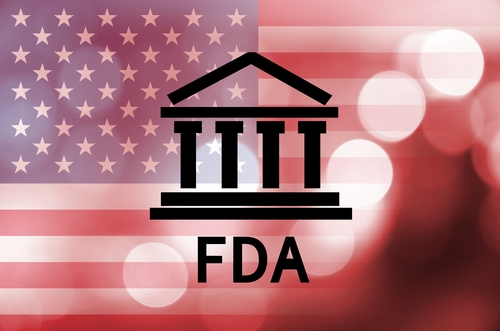The U.S. Food and Drug Administration (FDA) has given fast track designation to RedHill Biopharma’s RHB-204 as a potential first-line and stand-alone, oral treatment for lung infections caused by Mycobacterium avium complex (MAC), a type of non-tuberculous mycobacteria (NTM).
This designation is given to therapies that show considerable potential in addressing serious conditions for which available treatments fall short. It is meant to speed their clinical development, regulatory review — enabling a rolling review — and, if approved, their entry into the market.
Rolling review means that the company can submit sections of the regulatory application for review as they come ready, rather than waiting for every section to be completed before the application can be reviewed by the agency.
“Given the urgent need to improve therapeutic options for patients with NTM disease, we welcome this Fast Track designation and the regulatory support it provides in expediting the ongoing Phase 3 development program for RHB-204 and any subsequent potential approvals,” Patricia Anderson, the senior vice president of RedHill’s regulatory affairs, said in a press release.
RHB-204 previously was given FDA qualified infectious disease product and orphan drug status to treat NTM infections, providing further support and possible benefits, including a potential for priority review and accelerated approval, as well as a U.S. marketing exclusivity period of 12 years.
NTM are a set of more than 160 species of bacteria found naturally in the environment. MAC is the most common cause of NTM lung infection in humans. People with bronchiectasis are at increased risk of developing lung infections caused by NTM, which are considered therapeutically challenging, often becoming chronic.
“It is a notoriously difficult to treat disease and, if not effectively treated, can cause scarring … in the lungs — potentially leading to respiratory failure,” Anderson said, adding that “many patients fail current therapies, and more than half will have either recurring disease or a new infection after completing treatment.”
Currently, there is no FDA-approved first-line therapy for NTM lung infections, whose “prevalence is increasing in many areas of the world,” Anderson said. About 110,000 people were estimated to have NTM lung disease in the U.S. in 2017.
RHB-204 is a fixed-dose, oral capsule with a combination of clarithromycin, rifabutin, and clofazimine. It is said by the company to have potent intracellular, anti-mycobacterial, and anti-inflammatory properties.
RedHill recently launched a Phase 3 clinical trial, called CleaR-MAC (NCT04616924), that will evaluate the safety and effectiveness of RHB-204 against a placebo in up to 125 adults with non-cystic fibrosis bronchiectasis and MAC lung infection.
Eligible patients, to be recruited at up to 40 sites across the U.S., must not yet have been treated for MAC, or at least not within the six months prior to enrollment. More information on contacts and locations can be found here.
CleaR-MAC will assess whether RHB-204 is superior to a placebo at clearing MAC from patients’ sputum, improving their physical functioning, and lessening respiratory symptoms and fatigue. The durability of microbiological response will also be evaluated three months after finishing treatment.
According to the release, RHB-204 may be eligible for use under RedHill’s expanded access policy, which provides certain patients access to its investigational therapies before regulatory approval.
In the U.S., a physician must submit an individual request to the FDA for approval before the company can provide access to the therapy. Details on this expanded access policy can be found here.

